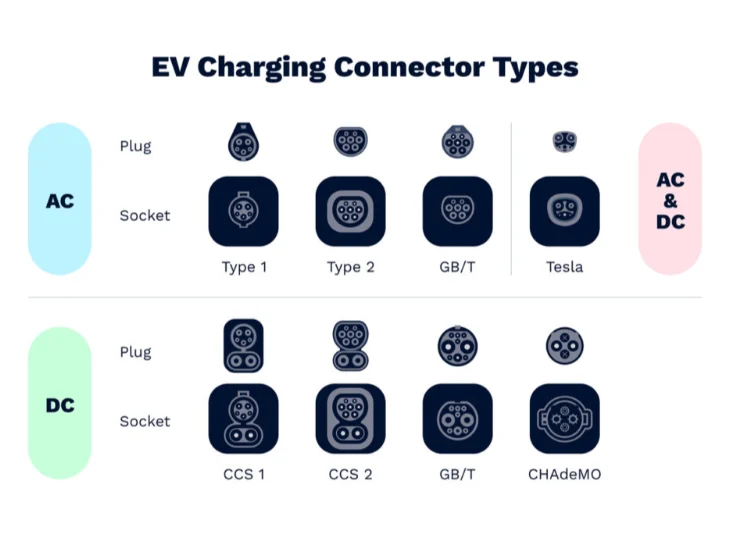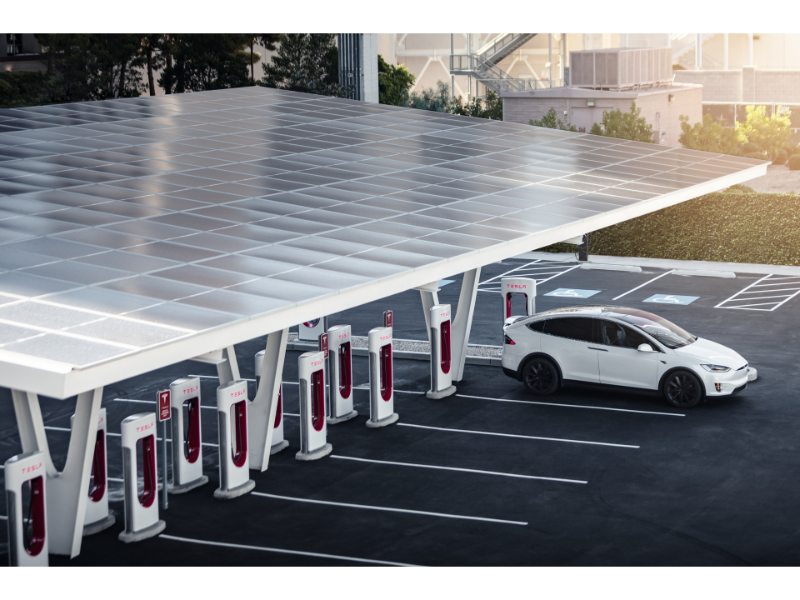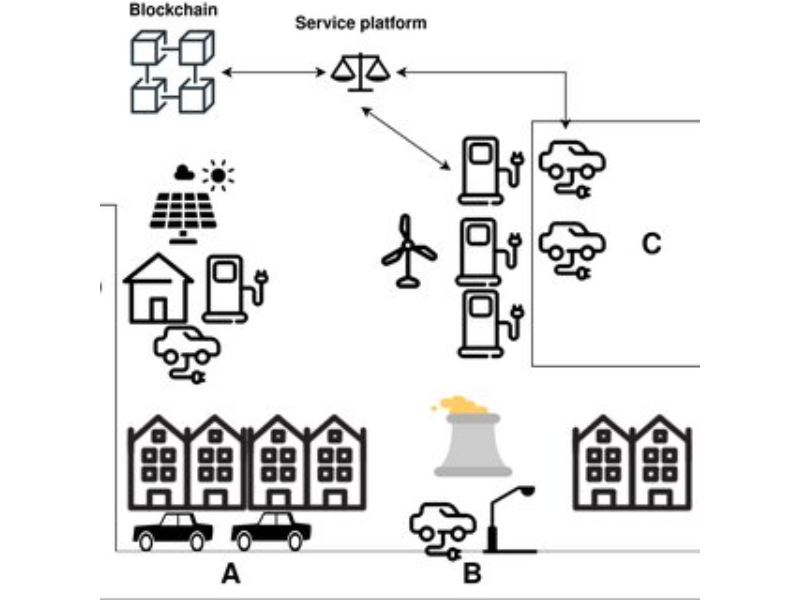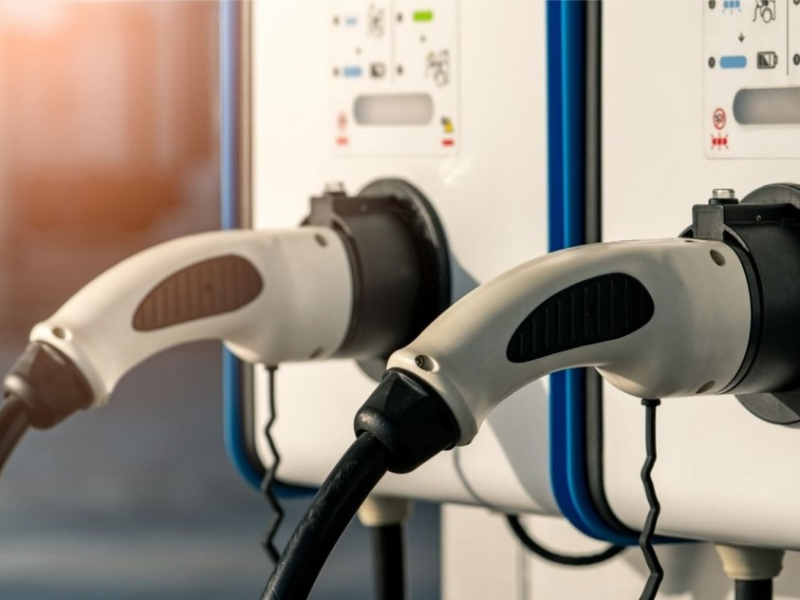- The good news for EV owners is that electric chargers are indeed designed to be universal and user-friendly as technology advances.
- Ensuring secure and efficient charging, the evolution of EV infrastructure paves the way for a promising future in sustainable transport.
The electric vehicle (EV) market is expanding rapidly, with more drivers making the switch to cleaner, greener transport. A common question among new EV owners is whether electric car chargers are universal.
The good news for EV owners is that chargers are indeed designed to be universal. This means that most chargers can charge a wide range of electric vehicles, provided you have the correct charging cable. However, it’s also important to understand the different levels of charging to know what to expect from your charging experience.
The three levels of EV charging
EV charging is categorised into three levels, each offering varying power outputs and charging speeds:
1. Level 1 Charging: This is the most basic form of charging, using a standard 120V AC plug, commonly found in homes. It’s slow, offering approximately 4 miles of range per hour of charging. While convenient for overnight charging at home, it’s not recommended for long periods due to safety concerns.
2. Level 2 Charging: Often referred to as ‘fast charging’, Level 2 chargers operate on a 240V AC supply. They are prevalent in homes, workplaces, and public charging stations. With power outputs ranging from 7kW to 22kW, these chargers can provide up to 16 miles of range per hour, depending on the vehicle’s battery size.
3. Level 3 Charging: Also known as DC fast charging, Level 3 chargers offer the quickest charging solution with power outputs from 43kW to over 100kW. These chargers can add up to 20 miles of range per minute, making them ideal for quick top-ups during breaks on long journeys.
Also read: What is Level 2 EV charging?
Types of EV charging cables
With different charger types come different charging cables. Here’s a look at the most common ones:
- Type 1: This single-phase standard plug is used for AC charging in cars from America and Asia. It has a 5-pin connector and can charge at up to 7.4kW.
- Type 2: The standard for EV charging in Europe, this plug supports both single and three-phase charging. It has 7 pins and can charge at home up to 22kW or up to 43kW in public charging stations.
- Type 2 CCS: An enhanced version of the Type 2 plug, it includes additional power contacts for DC fast charging, supporting up to 170kW, although most chargers are around 50kW.
- CHAdeMO: A 10-pin plug for fast DC charging up to 50kW, found on select UK vehicles like the Nissan Leaf and Toyota Prius. CHAdeMO is being phased out in favour of CCS and Tesla Superchargers.

Installation and safety
For the safety and efficiency of your EV charging setup, it’s crucial to have Level 2 and Level 3 chargers professionally installed. This ensures that the charger is correctly integrated with your electrical system and meets all necessary safety standards.
Tesla’s unique charging network
While most EV chargers are universal, Tesla has developed its own proprietary charging network. However, as of May 2022, Tesla has introduced superchargers compatible with non-Tesla EVs that have a CCS charging type, expanding the accessibility of fast charging for a broader range of EV drivers.

Also read: Tesla sues Matthews over EV battery trade secrets
Charging points and EVs’ self-charging capability
With the growing EV infrastructure, finding a charging point is becoming easier. Apps such as Zap-Map provide a convenient way to locate nearby charging stations, helping you plan your charging stops and routes.
EVs also have the ability to self-charge through a process known as regenerative braking. This technology captures kinetic energy during braking and converts it into electricity, charging the vehicle’s battery. Effective use of regenerative braking can recover around 15-30% of the car’s energy, significantly enhancing its range.

The universality of electric car chargers is a testament to the growing maturity of the EV market. With a clear understanding of the different charging levels and cable types, EV owners can enjoy the benefits of a more sustainable and convenient mode of transport. As the infrastructure continues to develop, the prospect of owning an EV becomes even more appealing.
For those considering the switch to an electric vehicle, the universality of chargers and the availability of charging options provide reassurance. With a robust network of charging stations and the ability to self-charge, the transition to electric driving is smoother and more accessible than ever.

